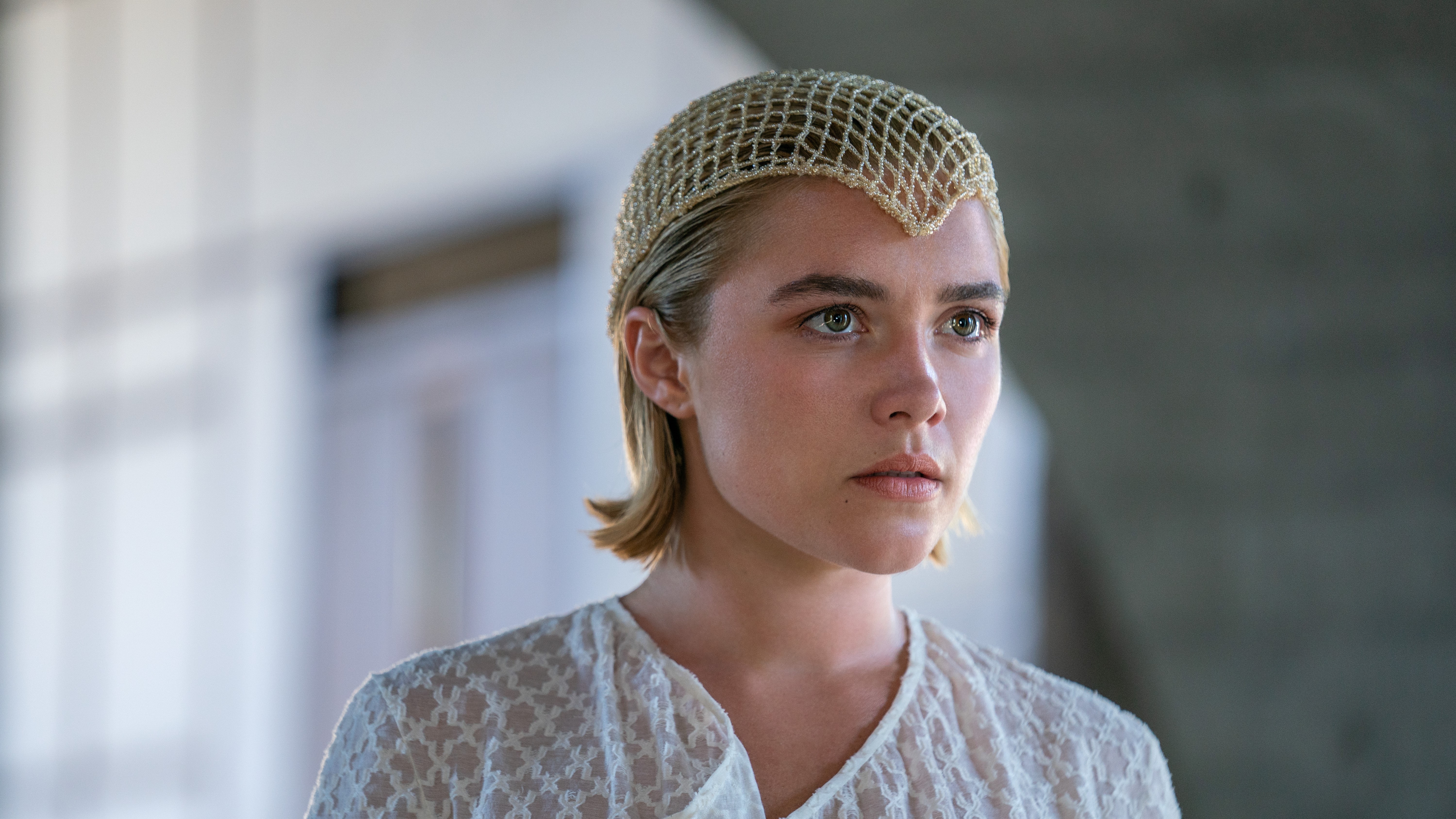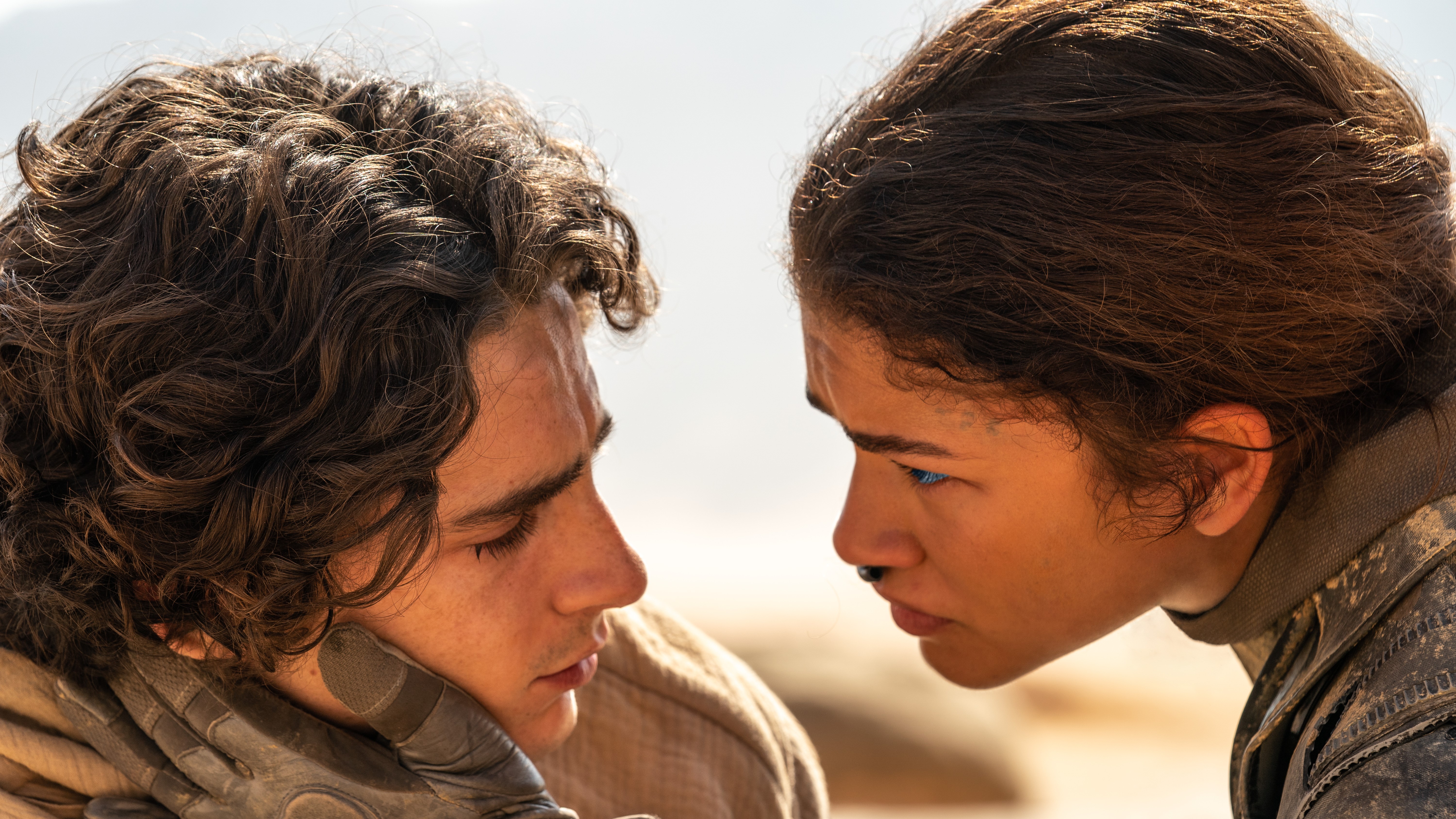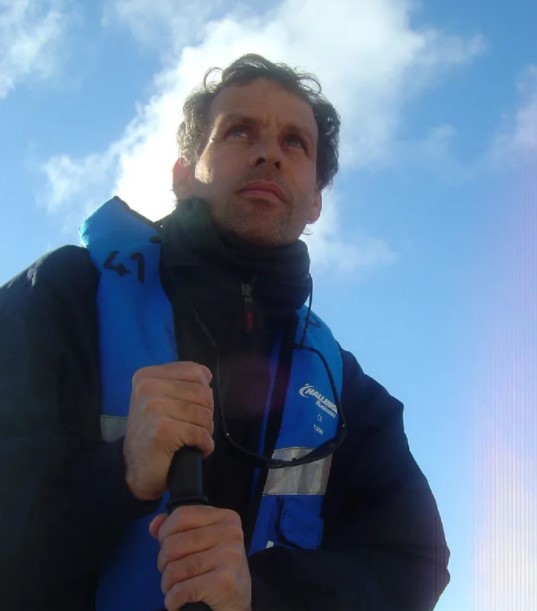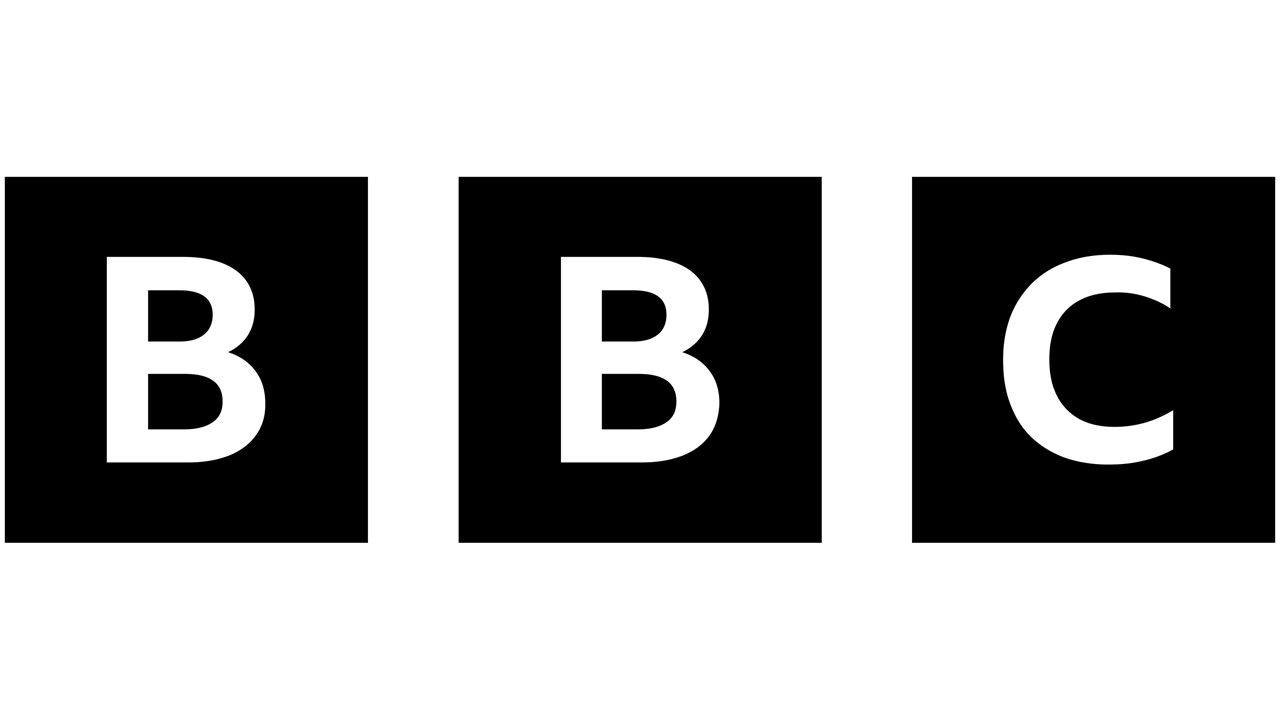What to Watch Verdict
Denis Villeneuve turns author Frank Herbert’s "unfilmable" sci-fi classic into a thrillingly resonant big-screen adventure.
Pros
- +
Brilliant world building and stellar cast
- +
Guides us through book’s complex plot
- +
Striking real-world parallels
Cons
- -
Storytelling may be too slow for some
- -
The Paul-Chani love story never fully comes alive
Denis Villeneuve pulled off an astonishing coup de cinema with the release of Dune: Part One in the midst of the pandemic in 2021. First published in 1965, Frank Herbert’s dense sci-fi novel had earned the reputation of being unfilmable, previously defeating both cult director Alejandro Jodorowsky (whose projected 1970s adaptation never got off the ground) and David Lynch (whose 1984 version flopped). Yet back in 2021, Villeneuve’s gamble seemed greater still.
He was only telling half the story — with no guarantee that he would get to complete it. Only if Part One turned out a success would studio Warner Bros. guarantee to greenlit a sequel.
As we now know, Villeneuve’s daring paid off. His film was a well-deserved critical and commercial triumph thanks to its awesome intergalactic world-building, gripping action and stellar performances, not to mention the skilfulness with which it guided us through Herbert's labyrinthine plotting involving the cutthroat rivalry of feuding noble houses in a far-flung future, while making the story’s layers of complex mythology coherent and graspable. The immersive qualities of the film’s throbbing sound design and a booming Hans Zimmer score didn’t go amiss, either.
Happily, Dune: Part Two builds on its predecessor's achievements. Returning us to the desert planet of Arrakis, source of the priceless, ruthlessly coveted hallucinogenic substance known as spice, it finds Timothée Chalamet’s aristocratic heir, Paul Atreides, still taking refuge with the indigenous Fremen people, while plotting revenge against the brutal Harkonnen dynasty, who are both the oppressors of the Fremen and the killers of Paul’s father, Duke Leto.
Paul's mother, Lady Jessica (Rebecca Ferguson), a member of the scheming Bene Gesserit sisterhood and another survivor of the Harkonnens’ savage coup, is also embedded with the Fremen, and seeking to stoke among them the belief that her son is the long-prophesied savior who will lead a holy war and liberate the Fremen. Javier Bardem’s Fremen tribal leader Stilgar quickly becomes a fervent believer in Paul’s messianic status, but Paul’s Fremen lover, Chani (Zendaya), remains a skeptic. Will Paul reject the role of savior or use it to seek personal revenge?
The film’s early scenes show Paul leading his Fremen allies on thrilling guerrilla raids against the Harkonnens, disrupting their spice harvesting much as T.E. Lawrence (one of Herbert’s inspirations) led Bedouin tribesmen in desert attacks on Turkish supply lines during World War One. The parallel with Lawrence suggests another "white savior narrative" might be in store, but Villeneuve’s film — and Chalamet’s conflicted protagonist — are far more ambivalent and morally ambiguous than that.
So too is its representation of religion, with Jessica and the Bene Gesserit cynically using faith as a tool of manipulation while self-persuaded believers whip themselves into a zealous frenzy.
The latest updates, reviews and unmissable series to watch and more!

So far, so murky. What does come across clearly is the story’s allegorical depiction of the colonial exploitation of the Middle East for oil and its portrayal of environmental degradation — themes even more resonant today than they were when Herbert wrote his book in the 1960s. Striking too is another, more unexpected resonance — one that has become even more pointed since the release of Dune: Part One in 2021. The first name of the evil, merciless Baron Harkonnen is Vladimir.
All this is a great deal for the viewer to take on, but Villeneuve’s construction of Dune’s bizarre universe is done with such conviction that we go along with the story’s portentousness, just as we accept the unlikely aerodynamics of the film’s dragonfly-like helicopters or the spectacle of characters hurtling atop giant sandworms like so many chariot-driving Ben-Hurs. We even buy the sight of Chalamet learning the desert survival skill of the "sand walk", which could so easily be as comical and silly as a music-hall sand dance routine.
Dune’s seriousness does have its drawbacks. Part Two hinges on the internal drama of Paul wrestling with his destiny and on the shadowy plotting of the Bene Gesserit — neither of which makes for immediate excitement and also means that the burgeoning romance between Chalamet’s Paul and Zendaya’s Chani never fully comes alive. Chalamet, however, continues to impress.
When we first met his callow hero in Part One, it looked as if a gust of wind would blow him over. As the saga has unfolded, his steely core has become more and more apparent.
And a good job too as the narrative builds towards Paul’s lethal confrontation with Baron Harkonnen’s psychotic nephew, Feyd-Rautha. Played with gleeful intensity by Elvis star Austin Butler, the albino-pale, hairless Feyd-Rautha is by far the most arresting of the new characters the film introduces.
Christopher Walken’s Emperor Shaddam fails to make much of an impression, but Florence Pugh’s brief but vivid turn as Princess Irulan, the emperor’s quietly calculating daughter (she’s another Bene Gesserit), leaves us eager to see more.
Here’s hoping Villeneuve gets to fulfill his ambition of turning Herbert’s next book in the Dune series, Dune Messiah, into Part Three.
Dune: Part Two is in cinemas from Friday, March 1.
A film critic for over 25 years, Jason admits the job can occasionally be glamorous – sitting on a film festival jury in Portugal; hanging out with Baz Luhrmann at the Chateau Marmont; chatting with Sigourney Weaver about The Archers – but he mostly spends his time in darkened rooms watching films. He’s also written theatre and opera reviews, two guide books on Rome, and competed in a race for Yachting World, whose great wheeze it was to send a seasick film critic to write about his time on the ocean waves. But Jason is happiest on dry land with a classic screwball comedy or Hitchcock thriller.


